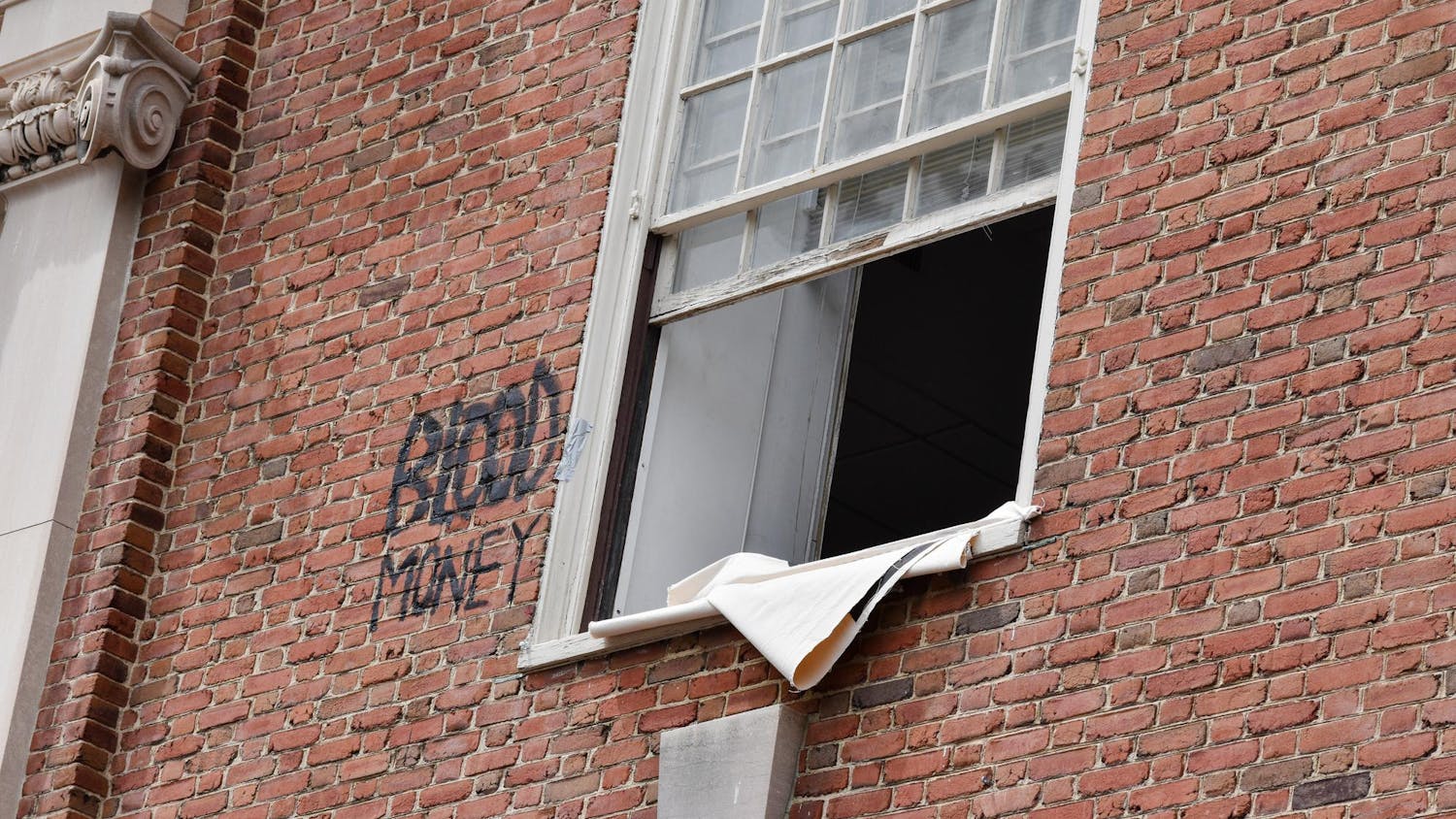The Massachusetts Bay Transportation Authority may eliminate commuter rail service weekdays after 10 p.m. and weekends, according to proposals released last month by the Massachusetts Department of Transportation Board Finance Committee. These changes, which would affect students who travel between Providence and Boston, would take effect in July.
"It's really harmful to so many of us who rely on a low-cost transportation option in the greater eastern Massachusetts area," said Jesse McGleughlin '14, a Boston native who uses the commuter rail to visit home and commuted weekly last year to do community service work in the city.
The MBTA, which controls Massachusetts area subway, bus, ferry and commuter rail systems, released the report following a projected fiscal year deficit of $161 million for 2013 and total debt of $9 billion.
The report contains two proposed money-saving scenarios, each to save $165.1 million in annual revenue. The first scenario proposes an average 43 percent increase in current fares and the elimination of 60 bus routes. The second plan includes a 35 percent fare increase but eliminates 220 bus routes. Both plans would eliminate weekend and late-night commuter rail service.
The MBTA has held 11 public forums in the past month following the release of the proposals and plans to hold an additional 11 meetings through March 6. Based on the outcomes of those meetings, the MBTA will make final recommendations before the board votes on the changes in April.
The public is welcome to submit comments through the MBTA website, but no meetings are currently scheduled to take place in Rhode Island.
Students who use the service expressed concern over the potential changes.
"It's really the only mode of transportation that is convenient and frequent enough to get into Boston for students who don't have cars," said Jason Shum '14, who uses the commuter rail once or twice a month. "The buses to Boston as I know are quite infrequent," he said.
"Many of us prefer the train to automobiles and count on the affordable costs," McGleughlin said. "The high prices of Amtrak are not a good solution."
Members of T Riders Union, a group that represents low-income and transit-dependent communities, have testified against the proposals at the forums and MBTA board meetings.
"The highest proportional increases will be forced on the most vulnerable riders through the elimination of senior and student passes," the union stated in a Dec. 7 press release. The MBTA proposal also suggests examining a reduction of current senior and student discounts from paying a third to one half of the regular rate.
The report also proposes eliminating the acceptance of tokens as fare payment and reducing the expiration of commuter rail tickets from 180 to 14 days after purchase.
Since its last fare increase in 2007, the MBTA has attempted to combat its debt through crackdowns on fare-evading passengers, service reduction in winter months and the opening of a new energy-saving wind turbine last October. The MBTA released this year's fare hike and service reduction proposals despite a 3.2 percent increase in ridership in October 2010 and a record-high 1.35 million trips per weekday last September, according to a Nov. 2 article in the Boston Globe.
Similar plans to raise fares and cut service in 2009 were avoided when the MBTA received $160 million in public funding from the state.
"The T is trying to plug a growing hole with the same tired idea: balancing the budget on the backs of riders through another fare increase and cuts," said union member Gwendolyn Vincent in her testimony at the MBTA board meeting in December, according to a press release from the group.
"If you ask me, the fee hikes are really just a result of antiquated management systems and costly trains," Shum said. "Half of the train carts are empty, which is frankly quite stupid in my opinion," he added.
But getting rid of these empty carts may not be an option. The Federal Railroad Administration requires that commuter trains sharing rails with cargo trains maintain specific size and weight minimums to reduce potential damage in case of collisions. Critics of the regulations argue that the increased weight of the trains ultimately burdens passengers by unnecessarily raising operating costs.
"I urge MBTA not to cut services on the commuter lines and raise prices, as it is a detriment to our transportation system," McGleughin said.




